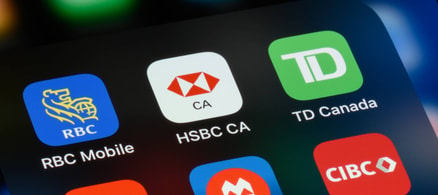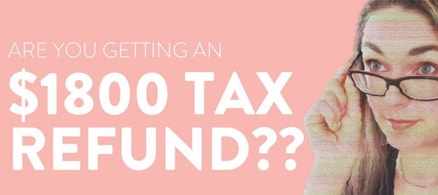Am I eligible for CESB?

The CESB helps full-time, part-time and summer students as well as recent graduates who aren’t eligible for the Canada Emergency Response Benefit (CERB), which is designed for workers who have been laid off or lost hours. You also can’t qualify for Employment Insurance.
The benefit applies to Canadian citizens, permanent residents, registered Indians and protected persons who meet one of the following criteria:
-
You’re a post-secondary student, enrolled in a program at least 12 weeks in duration that leads to a degree, diploma or certificate at an approved institution.
-
You’re a recent high school graduate or expected high school graduate in 2020 and have applied for a post-secondary program that starts before Feb. 1, 2021.
-
You’re a recent post-secondary graduate, as of December 2019 or later.
There’s no age restrictions, and you’re still eligible if you’re a Canadian studying abroad or you’re in an apprenticeship program, so long as you meet the rest of the requirements. However, international students in Canada do not qualify.
Keep in mind that the benefit only covers students who can’t find work due to COVID-19 but are still actively searching. The government advises you to document your job hunt in case the Canada Revenue Agency (CRA) comes calling to confirm you have been looking.
If you are working but not earning enough, you may still be eligible. The CESB also applies to students earning less than $1,000 a month (before taxes), effectively doubling your income.
Maximize Your Tax Refund with TurboTax Canada!
Simplify tax season with this user-friendly software. Get step-by-step guidance, maximize deductions, and file with confidence. Trusted by millions, TurboTax Canada ensures accuracy and peace of mind. Start your taxes today and get the refund you deserve
Get the tax refund you deserveHow much money will I get?

You’ll receive a single $1,250 payment for each four-week period, which translates to $312.50 per week.
If you’re supporting any dependents, such as children or elderly parents, or have a disability, you could receive $2,000 per period, or $500 a week.
Like the CERB, the CESB is taxable, which means you will have to report it on next year’s tax forms. You may have to pay back a percentage of what you receive.
How do I apply?
You can apply for the CESB in one of two ways:
-
Through your Canada Revenue Agency MyAccount online. If you don’t have an account yet, you can register now or log in via a My Service Canada account.
-
Call one of these automated toll-free services: 1-800-959-2019 or 1-800-959-2041. You must provide your SIN and postal code.
Although you don’t need to provide supporting documentation as part of your application, you’ll want to gather some anyway. The government is cracking down on fraudulent CERB and CESB claims.
Grow Your Savings Effortlessly with Moka
Automate your savings with every purchase and watch your money multiply. Moka rounds up your transactions and invests the spare change. Start building wealth effortlessly today. Join thousands of Canadians embracing financial freedom with Moka
Sign up nowWhen can I apply?
You’ll need to apply for each four-week period separately, but you can backdate payments as early as May 10, 2020. You have until Sept. 30 to apply.
These are the eligibility periods from May to August:
-
May 10 to June 6, 2020
-
June 7 to July 4, 2020
-
July 5 to Aug. 1, 2020
-
Aug. 2 to Aug. 29, 2020
You can expect to receive your benefit within three business days via direct deposit or 10 business days with a cheque.
How should I spend my benefit?

You probably won’t need to worry about student debt, as the federal government has suspended payments and interest on most government student loans until Sept. 30.
In the meantime, you can use this benefit to pay for food and rent, pay off your credit card debt or save up for the next academic year.
If your basic expenses are handled — maybe you’re still living at home or have your parents to help out — you can use your benefit to start an emergency fund.
As the pandemic has shown, it’s important to set money aside for situations you didn’t see coming. You’ll want a cushion of cash in case your car breaks down or you remain unemployed for longer than you expect.
For most people, the best place to store your cash is a high-interest savings account, which will give your money a chance to really grow while you’re not using it. That way you’ll be even better prepared when the unexpected arrives.
Sponsored
Trade Smarter, Today
With CIBC Investor's Edge, kick-start your portfolio with 100 free trades and up to $4,500 cash back.







